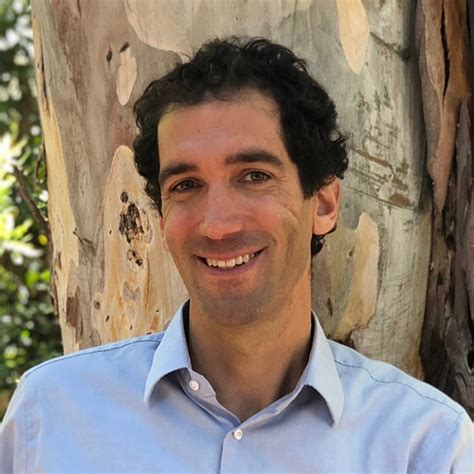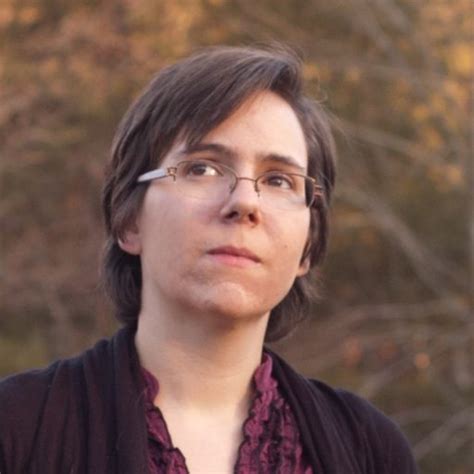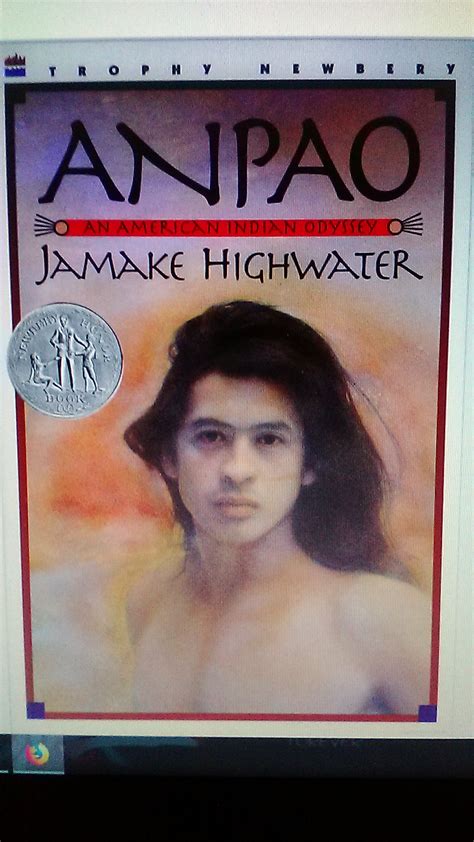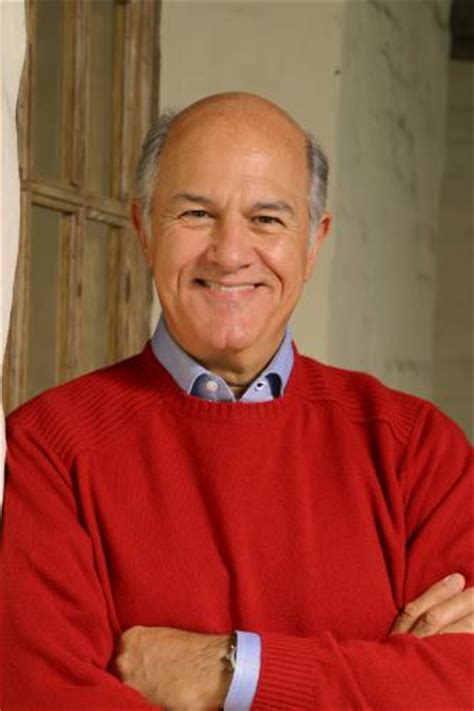A Quote by James D'arcy
Although this is a fictitious story the history is real. You don't want to re-write history but you certainly want to portray events and characters as realistically as you can.
Related Quotes
History is my passion. So I write what I love to read. I find that if I combine history with a strong, sensual romance, it is like a one-two punch. The reader doesn't want the history without the romance, and of course the heavier the history, the more it has to be leavened with a sensual, all-consuming love story.
I don’t know much about history, and I wouldn’t give a nickel for all the history in the world. It means nothing to me. History is more or less bunk. It's tradition. We don't want tradition. We want to live in the present and the only history that is worth a tinker's damn is the history we make today.
But being able to talk to so many patients from so many walks of life gives a tremendous window into people's lives. This is not to say I want to write about individual patients, but I think that after listening to the concerns of people who are so different from me, I can more realistically portray characters who are so different from me.
I've been writing American history for a long time, and I've had a hard time finding strong, interesting female characters. There are women, of course, in American history, but they're hard to write about because they don't leave much of a historical trace, and they're not usually involved in high-profile public events.



































